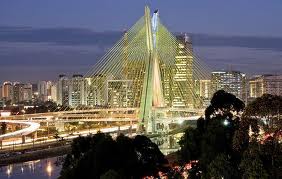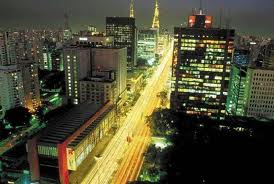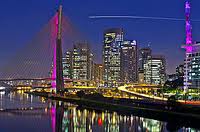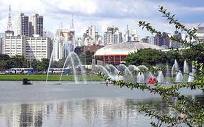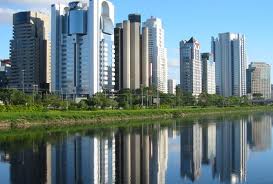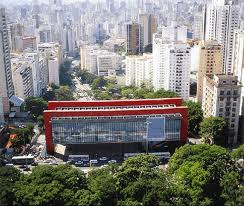About São Paulo
São Paulo was founded in January 25th 1554, by Portuguese priests called Jesuits. In the 19th century, through coffee exportation, the city grew important in the political and economic scenario of Brazil. Industrialization followed the coffee plantation model, attracting many factories and making the city rapidly develop. Currently with 12 million inhabitants, São Paulo is the largest city in South America and one of the largest in the world. It is the capital of the state of São Paulo and is also considered the “financial capital of Brazil”.
The city of São Paulo is home to some of the country’s most renowned universities, including the Universidade de São Paulo (USP – University of São Paulo), Universidade Federal de São Paulo (UNIFESP – Federal University of São Paulo) and Universidade Estadual Paulista Júlio de Mesquita Filho (UNESP – São Paulo State University), where the ICTP-SAIFR is located. Near São Paulo, there are other important universities, such as the Universidade Federal do ABC (UFABC – Federal University of ABC) and Universidade Estadual de Campinas (UNICAMP – Campinas State University).
Tourists will find that the city has many attractions, including a variety of museums, theatres, restaurants and parks. Also, there is a strong influence of Japanese, Italian, Arab and Chinese cultures in some of the city´s neighbourhoods, each of them with their own cuisine, style and architecture.
Within an hour’s drive from the city, visitors can also reach São Paulo state’s beautiful beaches and preserved areas of the Atlantic Rain Forest.
